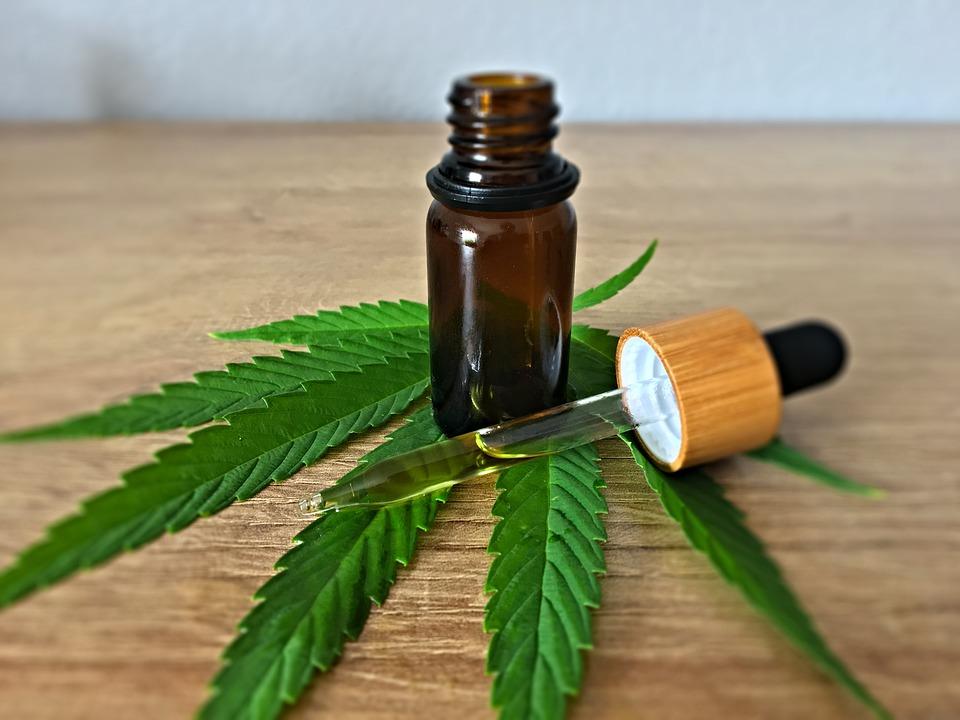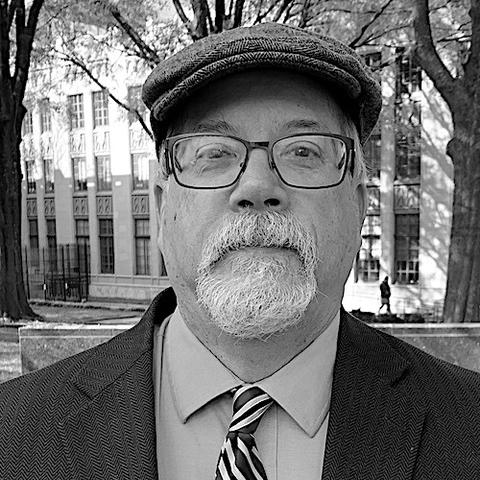
Caption
The resolution approved during a special called meeting Thursday will remove the responsibility of holding those hearings from the commission, which is made up of a board consisting of six part-time members and a chairman.
Credit: Pixabay

